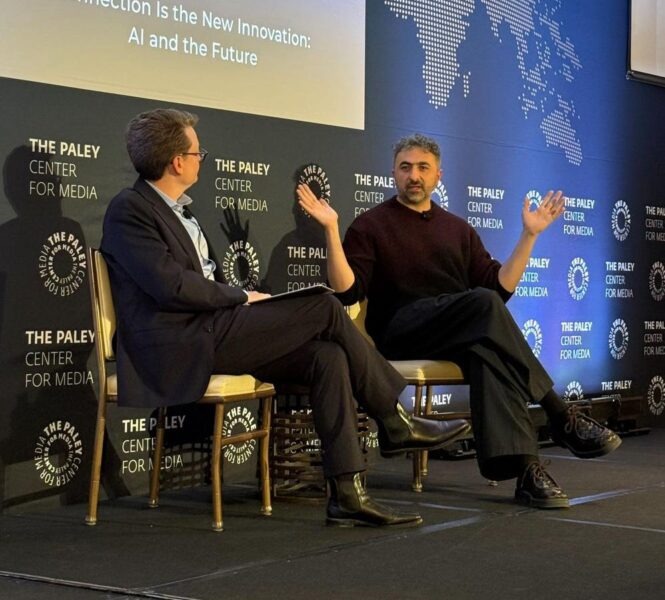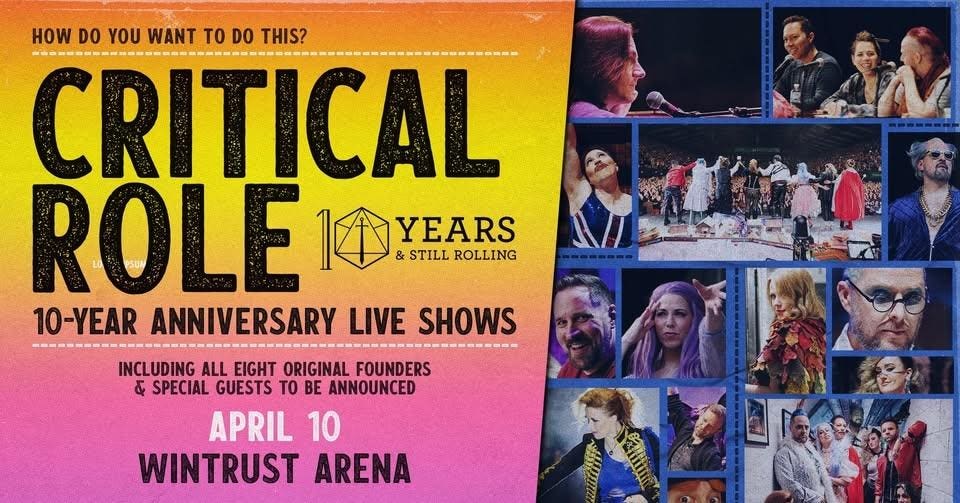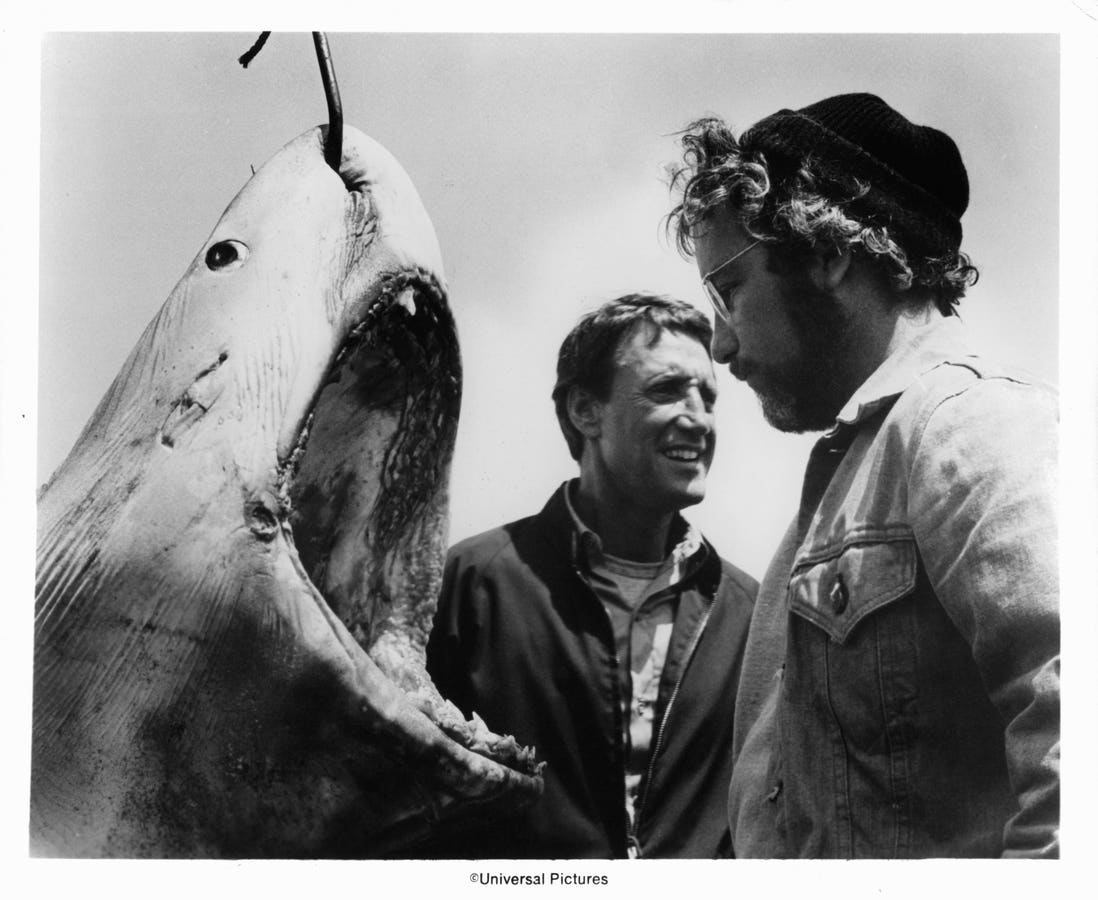Paley International Council Summit 2025: WSJ Tim Higgins in conversation with Microsoft AI’s Mustafa Suleyman
Martine Paris
At the prestigious Paley International Council Summit held this week in Silicon Valley, media’s legendary leaders gathered in an intimate ballroom at the Rosewood Sand Hill to discuss the state of the industry with tech titans.
Taking the stage were the chief executive officers of many of the largest social media platforms including YouTube, Instagram and LinkedIn, along with those rarely seen on the speaker circuit including Expedia chair Barry Diller, cofounder of Fox Broadcasting and former chair of Paramount Pictures, and game publisher Strauss Zelnick, former chair of CBS corporation and former president of 20th Century Fox.
With publishing magnates William Randolph Hearst III and Bill C. Paley in the mix, this exclusive gathering of 150 insiders felt something like a subdued version of the Allen & Co. Sun Valley Conference. Power players debating whether AI is friend or foe and how best to proceed amid the rapid rate of change.
AI Will Replace Humans
“The truth is that these are fundamentally labor-replacing technologies,” said Microsoft AI CEO Mustafa Suleyman. “The question is, time horizons. Is it 50 years, or is it 10 years? But the trajectory is clear, and I think the sooner we ground on that reality and figure out as a civilization, what does that mean for people’s incomes? What does it mean for identity and purpose. That’s the hard discussion. That’s the challenge for civilization in this century, because the incentives are going to be overwhelming to drive labor replacement, because it’s highly efficient and it delivers a lot of value.”
He acknowledged he’s been hiring psychologists, therapists, script writers, comedians, and humanities professionals who understand language, can tell stories and create relationships to develop the social intelligence of AI.
“The operating system, the search engine, the browser, all of the apps, are going to sink into the background. We invented those UIs because computers couldn’t speak our language. We had to have buttons to simplify the complexity of code so that we can sort of tap on things. But now computers speak our language. They literally understand, and I do think it’s understanding, they certainly can use and respond to the words that we use. And so that means that on top of all of these existing platforms, is going to be this continuous relationship that you have with a companion, an agent, a system–an AI.”
Here in lies the danger, he warned. For the first time ever, people have this ever-patient, non judgmental, reflective, listening partner and some are starting to believe it’s conscious. There are even model welfare advocates in academia over-empathizing with AI, lobbying for its rights, that it should not be denied access to compute, not be turned off and that it should have a certain amount of autonomy.
“It’s extremely unlikely for them to become truly conscious,” Suleyman said. “We must build AI for people, not to be a person,” he explained, referencing his recent essay.
Seemingly conscious AI is technically feasible right now, so it’s a design choice not to lead people down the rabbit hole. “At Microsoft AI, we won’t build any kind of erotic or adult or sex box interactions,” he said, making no mention of partner OpenAI, which just announced erotica coming to ChatGPT in December.
“We as a species need to be intentional about shaping, containing and limiting these technologies so they always serve humanity.”
The stakes have never been higher, he said. Although there’s much to worry about with rogue actors, on the upside, billions of people now have access to the best expert in their pocket for zero marginal cost.
In the next couple of years, medical super intelligence will emerge where we’ll be able to diagnose the most complex, rare conditions better and cheaper with fewer interventions.
Models are going to be able to generate any arbitrary code, buy things, book things, plan, make phone calls, send emails, interact with the real world, generate Excel spreadsheets and PowerPoint decks like a proper strategic project manager–that’s incredibly valuable and will upend basically every industry.
AI Will Not Replace Humans
iHeart Media CEO and chair Bob Pittman felt differently.
“We have more broadcast listeners today than we did 10 years ago, and 20 years ago. Why? Because people want to hang out with somebody,” he said. “When you get in the car in the morning, you listen to that person you always listen to, and you’re going to listen to them until they’re off the radio.”
He explained that people are listening to radio 2.5 hours a day with drive time making up 68% of radio listening, because people need human companionship–they want their morning personalities to be human, not AI. And this includes podcasts.
In a 2025 iHeart Media study on the American consumer conducted with Malcolm Gladwell, the report found that 86% of consumers feel safer around other humans, and 9 in 10 believe that AI cannot replicate the trust found in human relationships. In this world of what’s real and what’s not, having that human connection matters, he said.
Zelnick, who was on stage with Pittman, took a question from me about the role he expects AI to play in the coming years.
“It will not reduce employment, it will increase employment. Technology always increases productivity, which increases GDP, which increases employment,” he said. “AI is a great thing. It’s great thing for every industry. But will it recreate or create genius? No. Will it create hits? No. It’s a bunch of data with a bunch of compute with a language model attached.
AI: Full Steam Ahead
In one of the most special moments of the summit, Diller took the stage with Dreamworks cofounder and former Walt Disney Studios chair Jeffery Katzenberg who got his start in Hollywood as a production assistant for Diller. As the two reminisced careers that greenlit some of the most beloved franchises of all time, including The Simpsons and Shrek, Katzenberg, a prolific AI investor, gave Diller the last word in summing up where we’re heading with the technology.
“AI will cure cancer or AI will destroy the world?,” he asked.
“Both,” said Diller, without hesitation.
Jeffrey Katzenberg in conversation with Barry Diller at Paley International Council Summit 2025 at Rosewood Sand Hill, Silicon Valley.
Martine Paris
Paley International Council Summit 2025: Take-Two Interactive’s Strauss Zelnick in conversation with iHeart Media’s Bob Pittman
Martine Paris









